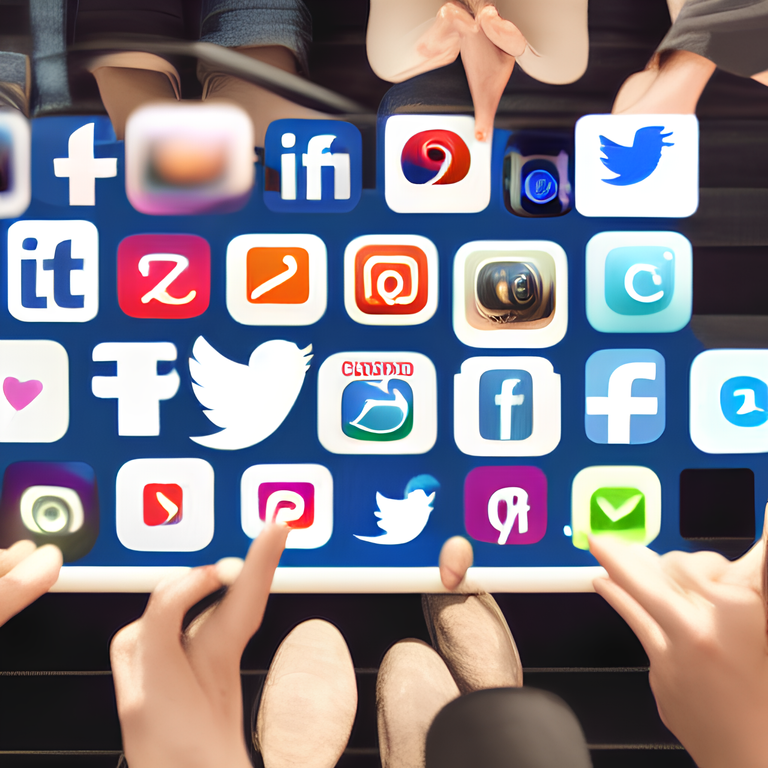
Social media has become an integral part of our daily lives, with millions of people logging in every day to connect with friends and family, share content, and consume news and entertainment. However, the rise of social media has also raised concerns about its impact on mental health. In this article, we will explore the relationship between social media and mental health, including both the positive and negative effects.
Positive Effects of Social Media on Mental Health
One of the most significant benefits of social media is its ability to connect people, regardless of their location or background. For individuals who may feel isolated or alone, social media can provide a sense of community and belonging. Social media platforms can also serve as a source of support for individuals with mental health conditions, as they can connect with others who are going through similar experiences.
Social media can also be a tool for promoting mental health awareness and reducing stigma. Many individuals use social media to share their own experiences with mental illness or to spread information about resources and support groups. This can help to break down barriers and increase access to care for those who may be struggling.
Negative Effects of Social Media on Mental Health
Despite its potential benefits, social media can also have negative effects on mental health. One of the most significant concerns is the impact of social media on self-esteem and body image. Studies have shown that exposure to images of "perfect" bodies and lifestyles can contribute to feelings of inadequacy and low self-esteem, particularly among young people.
Social media can also contribute to anxiety and depression, particularly in individuals who spend significant amounts of time on social media. Constant exposure to news and information can be overwhelming, leading to feelings of anxiety and stress. Additionally, social media can be a breeding ground for negativity and conflict, which can exacerbate existing mental health conditions.
Conclusion
The relationship between social media and mental health is complex and multifaceted. While social media can provide many benefits, including a sense of community and support, it can also contribute to feelings of anxiety, depression, and low self-esteem. To mitigate these negative effects, it is important to be mindful of our social media usage and to take steps to promote mental health and well-being both online and offline.
There is reasonable evidence that this article is machine-generated. Posting such content is considered fraud.
Fraud is discouraged by the community and may result in the account being Blacklisted.
Guide: Why and How People Abuse and Defraud
If you believe this comment is in error, please contact us in #appeals in Discord.